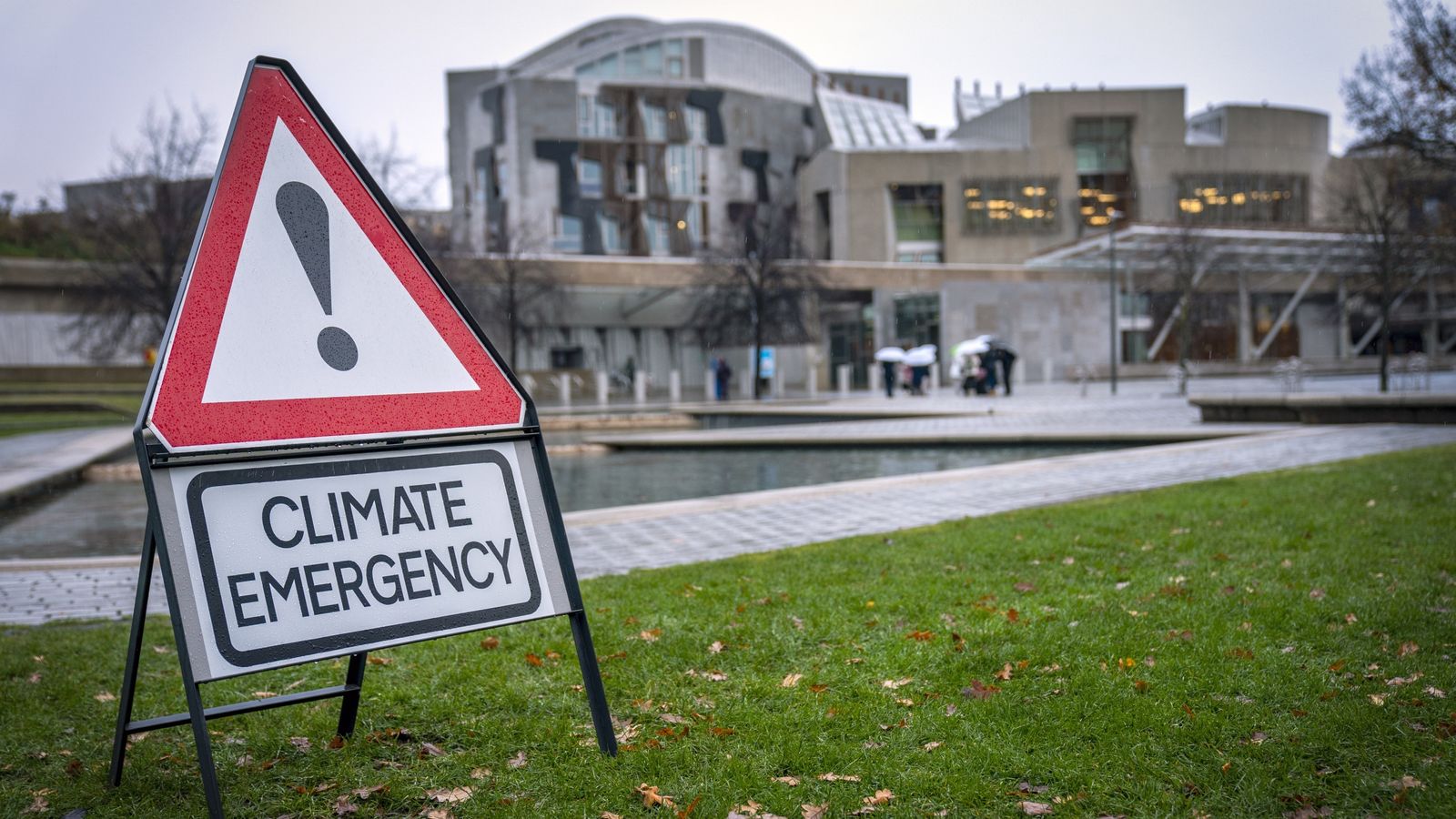Scotland is set to scrap key climate targets as part of a new strategy to tackle climate change. The move has sparked controversy and criticism from environmentalists, who argue that it is a step in the wrong direction.
The Scottish government had previously set ambitious targets to reduce greenhouse gas emissions by 75% by 2030 and to achieve net-zero emissions by 2045. However, these targets are now being reconsidered as part of a new climate action plan.
The decision to scrap these targets comes as Scotland faces increasing pressure to take more drastic action to combat climate change. The country has been experiencing more extreme weather events, such as flooding and heatwaves, which are directly linked to climate change.
Environmental groups have expressed their disappointment and concern over the government’s decision to backtrack on its climate commitments. They argue that failing to meet these targets will have serious consequences for the environment and future generations.
In response to the criticism, the Scottish government has stated that it is still committed to tackling climate change and will be introducing new measures to reduce emissions. These measures are expected to focus on increasing renewable energy sources, improving energy efficiency, and promoting sustainable transportation options.
Despite these assurances, many are still skeptical about the government’s commitment to climate action. The decision to scrap key targets raises questions about Scotland’s ability to meet its climate commitments and contribute to global efforts to combat climate change.
As the world grapples with the increasing impacts of climate change, it is crucial for countries like Scotland to take bold and decisive action to reduce emissions and transition to a more sustainable future. Scrapping key climate targets is a concerning development that could have far-reaching consequences for the environment and society as a whole.
